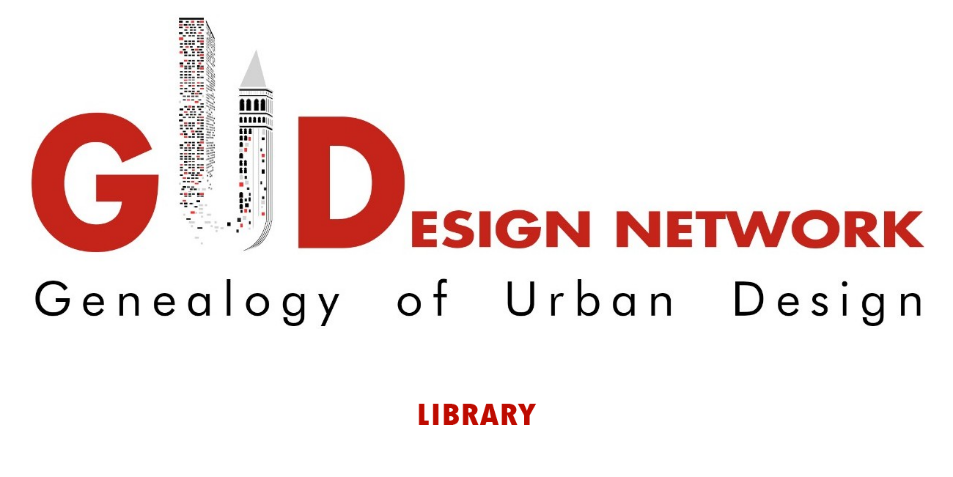Karl Popper’s Architectural Legacy: An Intertextual Reading of Collage City
Esin Kömez Dağlıoğlu

Abstract
Colin Rowe and Fred Koetter’s book Collage City has been one of the most inspiring works in the field of architecture with its elaborate and stimulating critique of Modernist and Post-war architecture and city planning. Published first as an article in 1975 and later as a book in 1978, Collage City has been one of the cornerstones of postmodern architectural and urban theory since. Philosopher Karl Popper’s ideas on historicism, utopia, tradition, liberal society, etc. had a great influence in shaping the urban architectural theory and design model of Colin Rowe and his pedagogical approach. Karl Popper’s impact is very obvious in the book and at its preceding Rowe’s Cornell urban design studio. However, little attention has been paid to his legacy on Collage City. This paper traces Karl Popper’s legacy on Rowe’s urban design theories and methods through an in-depth comparative reading of Collage City and Popper’s seminal publications.
Kömez Dağlıoğlu, E. “Karl Popper’s Architectural Legacy: An Itertextual Reading of Collage City.” METU Journal of the Faculty of Architecture 33, no. 1 (2016): 107-119. http://jfa.arch.metu.edu.tr/archive/0258-5316/2016/cilt33/sayi_1/107-119.pdf


